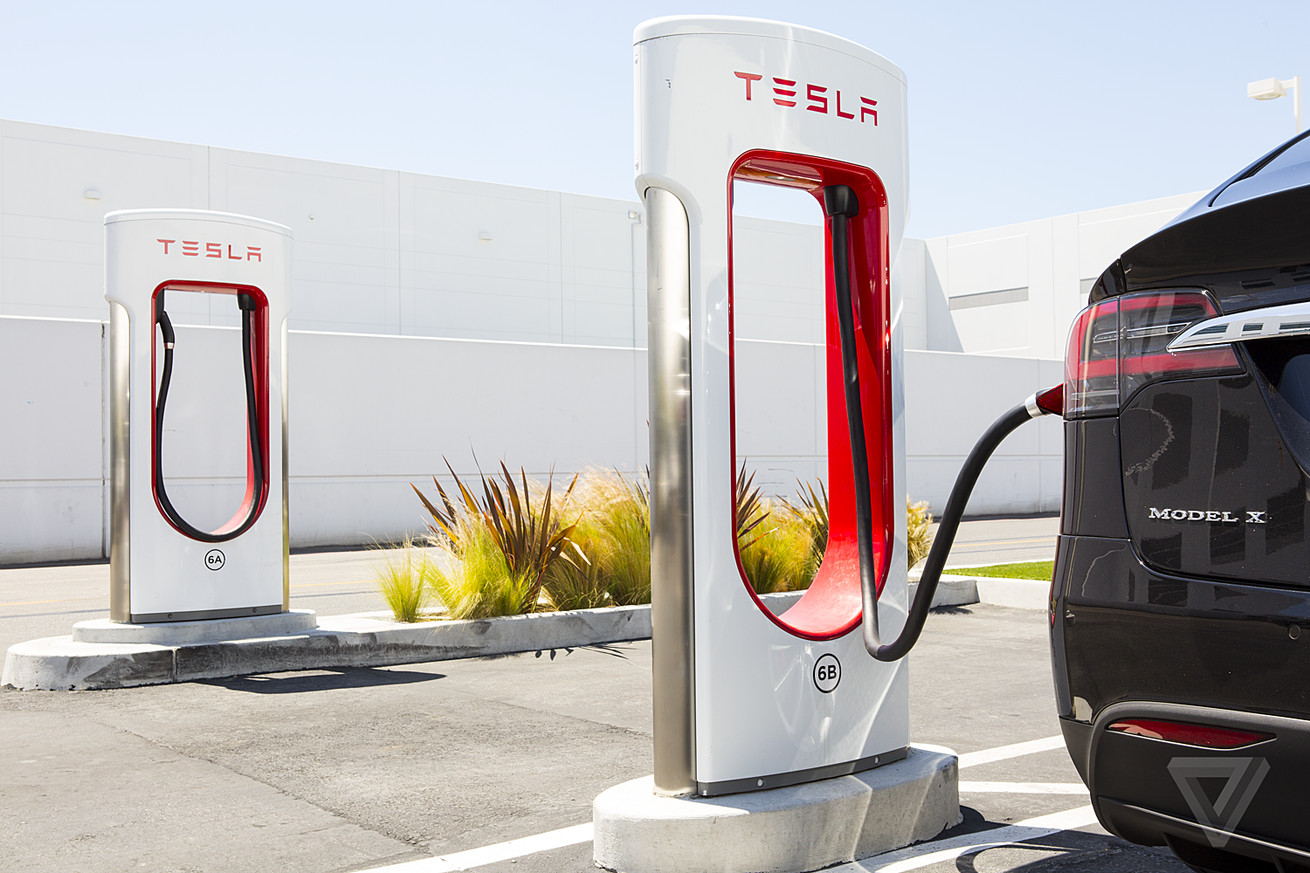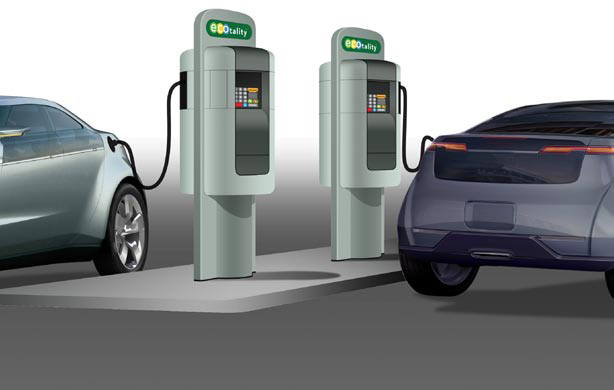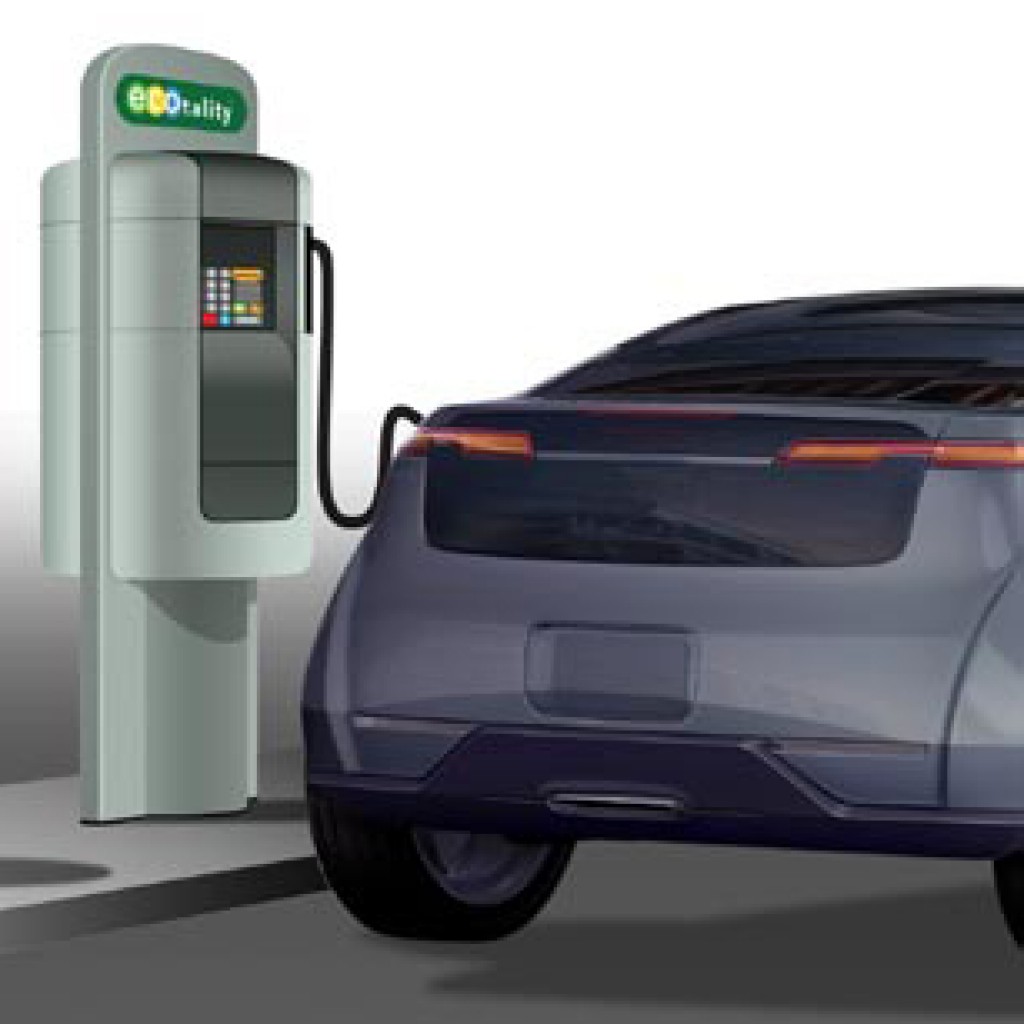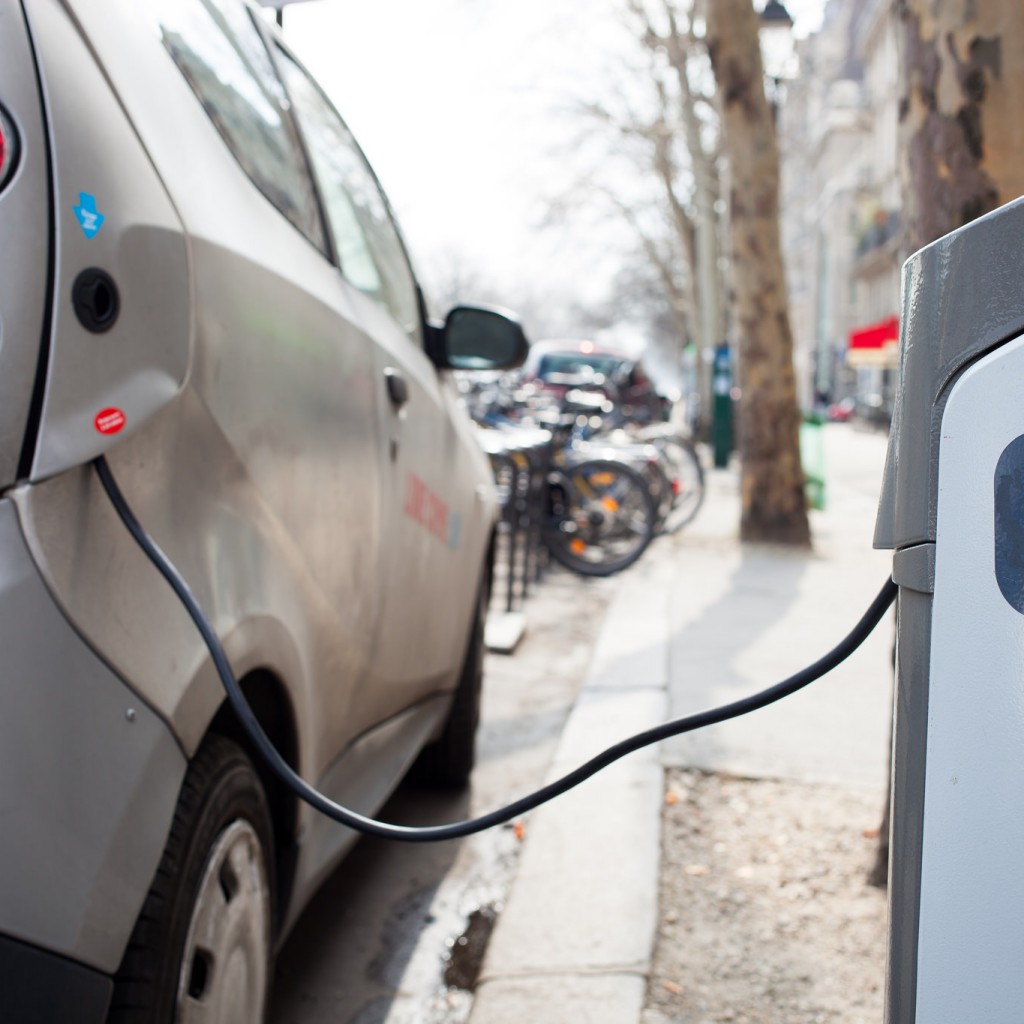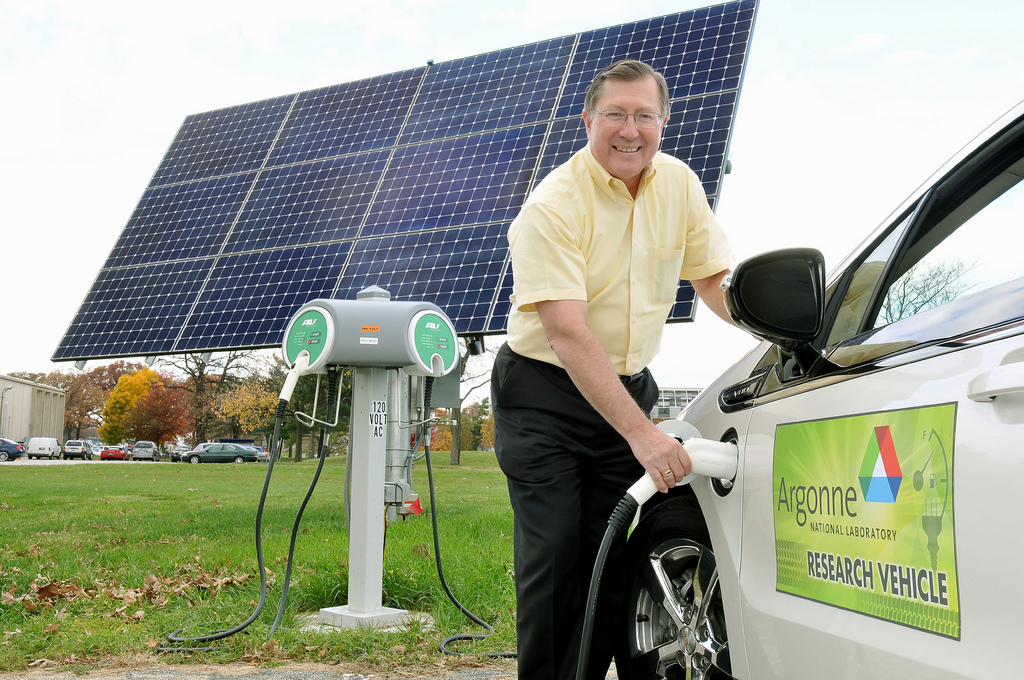As the world shifts towards sustainable energy solutions, electric vehicles (EVs) have gained immense popularity among consumers. With their environmental benefits and long-term cost savings, EVs are becoming a common sight on our roads.
However, this surge in EV adoption also calls for an efficient and widespread car charging infrastructure to support these vehicles. In this article, we will delve into the importance of car charging station companies in facilitating the growth of electric vehicles.
Introduction to the Growing Popularity of Electric Vehicles
Electric vehicles (EVs) have become increasingly popular in recent years due to government incentives, technological advancements, and environmental concerns. Governments worldwide have introduced measures such as tax breaks and subsidies to encourage the adoption of EVs.
Advancements in battery technology have improved range and charging speed, addressing concerns about limited mileage and long charging times. Moreover, EVs offer a sustainable transportation option with zero tailpipe emissions, appealing to environmentally conscious consumers.
Lower operating costs and enhanced driving experiences further contribute to the growing market for electric vehicles. As public awareness continues to increase, EV popularity is expected to rise steadily, transforming the way we commute while reducing our carbon footprint.
The Limitations of Current Car Charging Infrastructure
Range anxiety, the fear of running out of battery power while on the road, is a major concern for potential electric vehicle (EV) buyers. This anxiety stems from the limited availability and accessibility of car charging stations. Many regions lack an adequate network of charging stations, making long-distance travel inconvenient for EV owners.
Even when charging stations are available, compatibility issues and varying charging times add to the inconvenience. Overcoming these limitations requires collaboration between government entities, utility companies, and private stakeholders to expand and improve the car charging infrastructure.
Ongoing efforts aim to install more charging stations in strategic locations, increase fast-charging options, and develop smart charging solutions. Advancements in battery technology also hold promise for alleviating range anxiety and promoting wider EV adoption.
The Importance of Car Charging Station Companies in Facilitating Electric Vehicle Adoption
Car charging station companies are essential in supporting the widespread adoption of electric vehicles (EVs). These companies address the limitations of current charging infrastructure by building and maintaining a network of chargers across highways, commercial areas, and residential neighborhoods.
This ensures that EV owners have convenient access to chargers wherever they go, reducing range anxiety and promoting EV usage. By continuously expanding their network and collaborating with industry partners, car charging station companies contribute to a sustainable transportation future.
Overview of Major Car Charging Station Companies
The car charging station industry is experiencing rapid growth, driven by the increasing popularity of electric vehicles (EVs). Several major companies have emerged as leaders in this space, each offering unique solutions to cater to the evolving needs of EV owners.
Company A is a market leader with an extensive network of charging stations across multiple regions. Their strategically placed stations offer convenience and peace of mind to EV owners, enabling them to travel longer distances without worrying about running out of power.
Company B stands out by offering cutting-edge charging technologies that enhance efficiency and speed. Their fast-charging capabilities allow users to recharge their vehicles in a fraction of the time compared to traditional chargers.
Company C is a fast-growing startup that has disrupted the industry with its innovative business model. They focus on creating partnerships with property developers and businesses to install charging stations in high-traffic areas like shopping malls and office complexes.
Investors interested in car charging station companies often analyze their financial performance before making investment decisions. Understanding the financial health of these major players provides valuable insights into their growth potential and profitability.
Overall, these major car charging station companies are driving the transition towards a more sustainable transportation future by addressing range anxiety, increasing EV adoption rates, and building a robust charging infrastructure.
Examination of Stock Performance and Trends over Recent Years
Analyzing the historical stock performance and trends of car charging station companies is essential for assessing their financial health. By studying stock prices and valuation metrics, investors can gain valuable insights into how these companies have performed over time.
Fluctuations in stock prices reveal market reactions to industry events, while valuation metrics provide information on a company’s value relative to earnings or revenue. Understanding these trends helps investors identify growth opportunities and make informed investment decisions in the evolving electric vehicle industry.
Comparison to Broader Market Performance
Comparing the financial performance of car charging station companies to broader market trends is crucial for investors. This analysis helps determine whether these stocks have outperformed or underperformed relative to other sectors or indices.
Factors impacting the performance of car charging station stocks include the state of the economy, market sentiment, regulatory factors, and company-specific considerations. Economic growth and stability can drive demand for electric vehicles (EVs) and positively impact these stocks.
Conversely, economic downturns may lead to lower EV sales and affect their performance.
Market sentiment, influenced by news on EV technology advancements or government support for clean energy, can also impact stock prices. Regulatory policies related to EV adoption, subsidies, and infrastructure development are important considerations.
Company-specific factors such as market share, competitive advantage, partnerships, technological innovations, and financial stability also contribute to performance comparisons.
By analyzing these factors in relation to broader market trends, investors can make informed decisions about their investments in the car charging station industry.
Government Policies and Regulations Promoting Electric Vehicles and Charging Infrastructure Development
Government policies and regulations shape the electric vehicle (EV) industry and drive the development of charging infrastructure. Incentives like tax credits, grants, and subsidies make EVs more affordable for consumers and motivate buyers. Regulatory frameworks establish standards for charging station installation, alleviating range anxiety.
Collaboration with utility companies ensures sufficient electricity supply for charging stations. This positive feedback loop of increased EV adoption attracts private investments in expanding the charging network.
| Government Policies | Impact |
|---|---|
| Financial incentives | – Make EVs more affordable |
| – Motivate potential buyers | |
| Regulatory frameworks | – Establish standards for charging station installation |
| – Alleviate range anxiety | |
| Collaboration with utility companies | – Ensure sufficient electricity supply |
| – Enable innovative smart charging systems | |
| Positive feedback loop | – Increased EV adoption drives expansion of charging network |
Note: The table above summarizes the impact of government policies on EVs and charging infrastructure.
Partnerships between Car Manufacturers and Car Charging Station Companies
Collaboration between car manufacturers and charging station companies is crucial for the growth of both industries. These partnerships ensure seamless integration of electric vehicles (EVs) with charging infrastructure, enhancing compatibility and convenience for consumers.
As the demand for sustainable transportation rises, EV owners face challenges in finding accessible charging stations. By working together, car manufacturers and charging station companies can address these issues effectively.
Partnerships enable car manufacturers to provide technical insights into their EV models, allowing charging station companies to design compatible infrastructure. This collaboration eliminates range anxiety and improves the overall user experience.
Moreover, joint research and development initiatives improve charging technology, benefiting both parties. Car manufacturers contribute their expertise in battery technology while charging station companies optimize power grid management.
Financially, partnerships generate revenue through increased usage of charging facilities and joint marketing efforts. Supportive government policies further incentivize collaboration and investment in infrastructure development.
In summary, partnerships between car manufacturers and charging station companies drive the growth of the EV industry by overcoming compatibility challenges, enhancing user experience, and promoting sustainable transportation options.
[lyte id=’rqtfcfV4ItI’]
